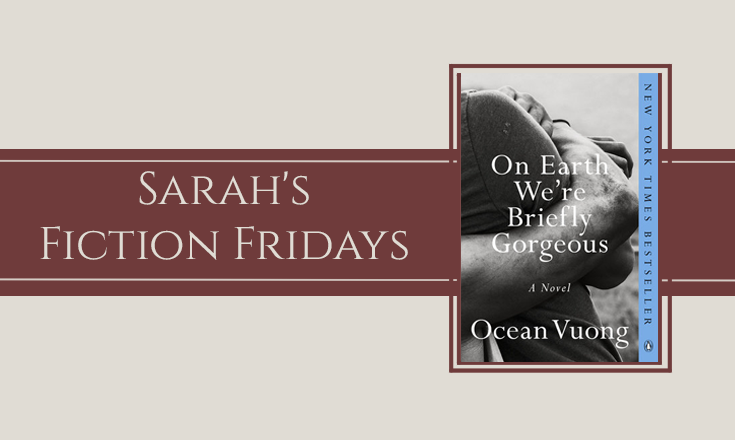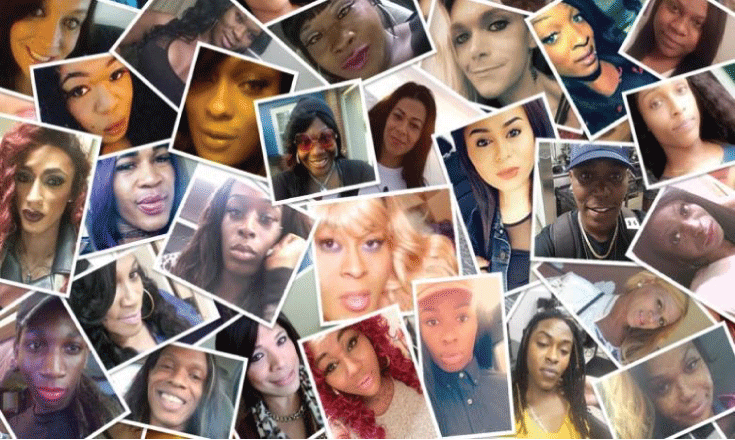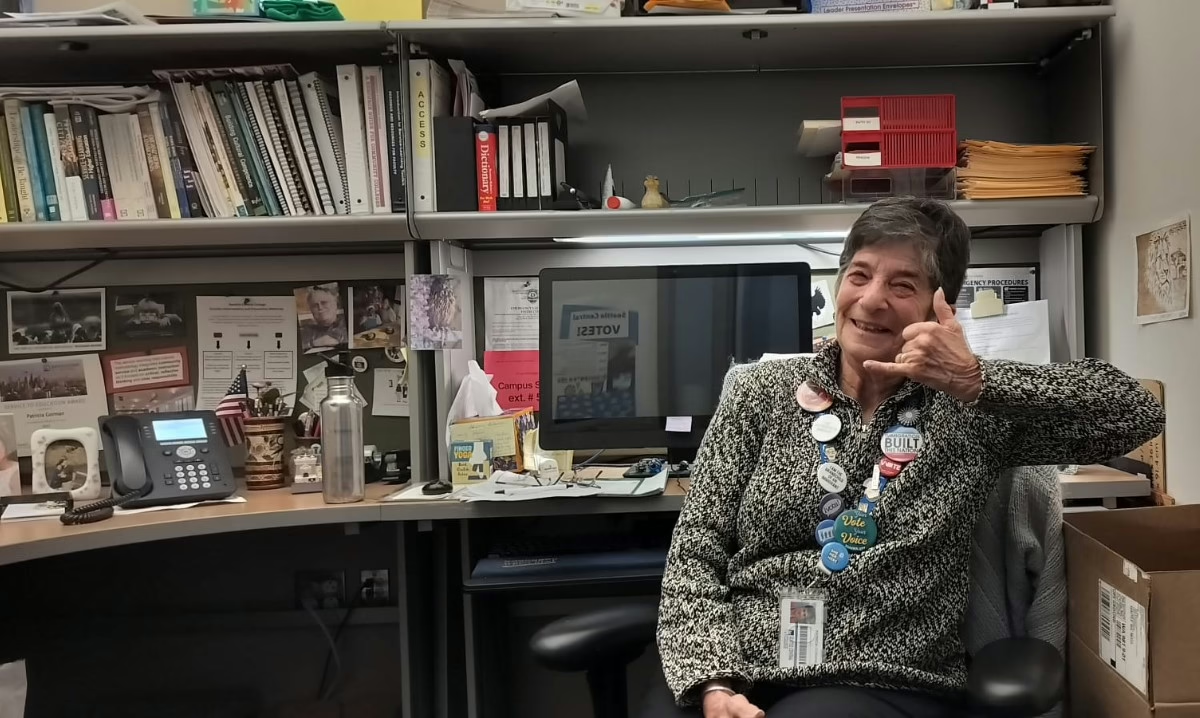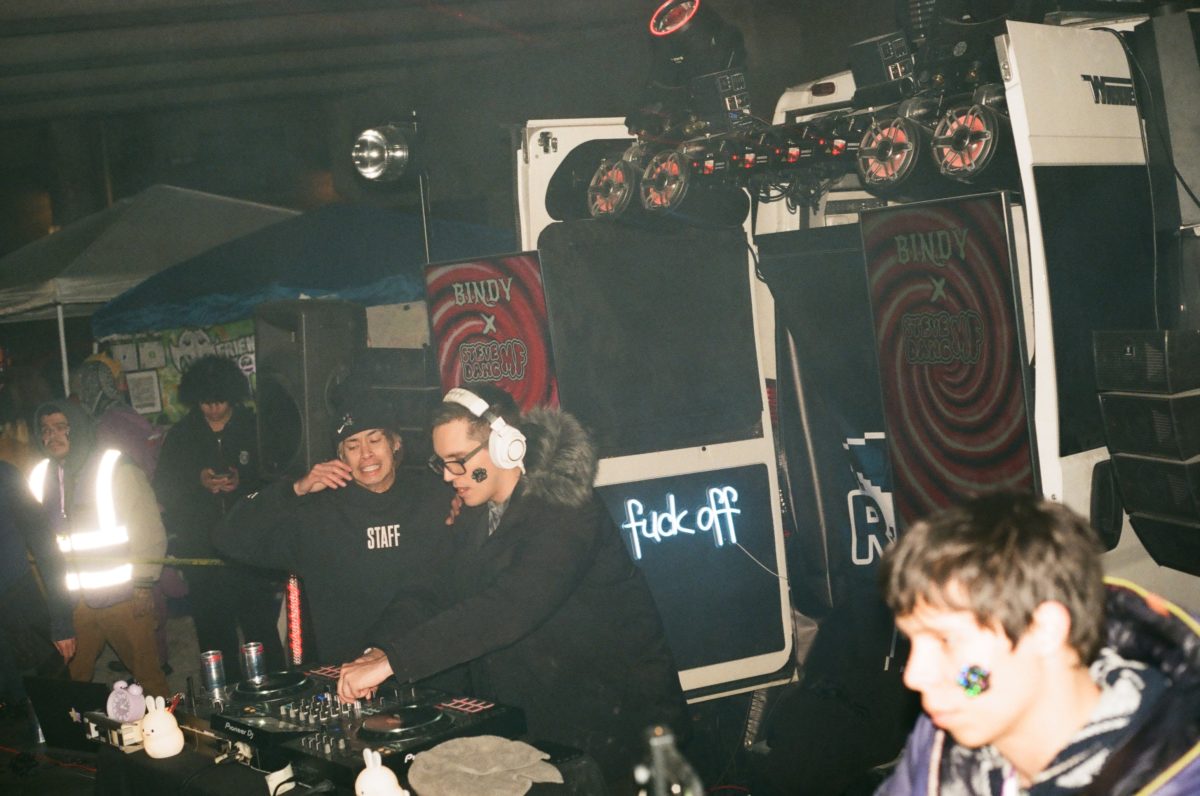Sarah’s Fiction Fridays: On Earth We’re Briefly Gorgeous
Ma. You once told me that memory is a choice. But if you were god, you’d know it’s a flood.
Ocean Vuong, On Earth We’re Briefly Gorgeous
This is a book I had to sit inside of for a while. I found that it had, at some point early on, slinked under my skin and made something new out of me. It’s the first book I thought of when the idea for this column cropped up in my head.
Late one night, in the wooly aftermath of two gin and tonics and no sleep, I thought, “Everyone should read this. Everyone should let this story live inside of them.” And from there, I spiraled, frenzied, into various ideas that led me here, talking every other Friday about books you ought to add to your library.
On the surface, “On Earth We’re Briefly Gorgeous” is a confessional from a son to his mother. At its core, however, it is a testimonial about the way trauma and memory live together, colluding and conspiring, whispering in your ears until their voices are all over. And all you can do is write, hoping your words will chip away at this new and terrible cage until you’re free — as free as you’ll ever be.
That is the hope of protagonist Little Dog, a young Vietnamese American writing to his mother, navigating the myriad boundaries between them: distance, language, trauma, identity, and more.
The narrative is told mostly in retrospect. We experience Little Dog’s mother, Rose, a woman with napalm and war for bones, whose time spent navigating between working at the nail salon and episodes of PTSD is interrupted by bouts of striking her son with various items. She raises Little Dog alongside Lan, her own mother, a schizophrenic woman who ultimately provides Little Dog’s primary care.
The family as a whole, too, is schizophrenic in its own way; it is patchwork and dizzy, passionately dispassionate, and rife with trauma that does not discriminate between host and offspring — because trauma, after all, lives in the body. It’s hereditary.
There’s more to the story, too, than family. Through the use of language that left me wonderfully rattled on multiple occasions, Little Dog explores what it means to grow up as a queer immigrant in working-class Hartford, Conn. He maneuvers first love with Trevor, who is white and addicted to painkillers, and works alongside him at a summer job harvesting tobacco. And theirs, as with many people in Little Dog’s life, is a relationship that examines the complexities of what it means to become wholly consumed by love, allowing it to digest you before you even understand its meaning.
At first, I hesitated to call the novel a love letter, but that’s exactly what it is. It faces its own monsters in the dark, and it recognizes that the term is not an inherently evil one. It embraces them in a way that makes you wonder at your own monsters and their manifestations.
It made me do just that: faces that come out at night, auditory nightmares, bending all my fingers until I remember I’m still in my own body, ten years between me and the things that still claw at my heels. Maybe that’s why I connected so deeply to the language of this book.
At times I forgot that the “You” in question was not me, the reader. It was his mother, who he calls “monster,” and later says: “What I really wanted to say was that a monster is not such a terrible thing to be. From the Latin root monstrum, a divine messenger of catastrophe, then adapted by the Old French to mean an animal of myriad origins: centaur, griffin, satyr. To be a monster is to be a hybrid signal, a lighthouse: both shelter and warning at once.”
I find that it’s rare for a book to make you face yourself. Even rarer for it to make you want to face yourself. That’s why I recommend “On Earth We’re Briefly Gorgeous” to just about anyone.
You don’t have to come from trauma to understand it or connect with it, or have a poor relationship with your mother, or skeletons in your closet. Regardless of what led you to it, this is a story that will live inside of you, warm in the confines of its new home.

Sarah is the Arts & Culture Editor and a writer for the Seattle Collegian, as well as a student of Seattle Central College, and intends to pursue her MFA in Creative Writing once finished with her BA. She has a deep fascination, bordering on obsession, with all the many things that make us human and the conditions and complexities therein, and tends to lean into these in her writing. When not buried in text or staring at the blinding light of a word processor, Sarah is enjoying films, books, and video games, as well as exploring the beauty that Washington has to offer.







